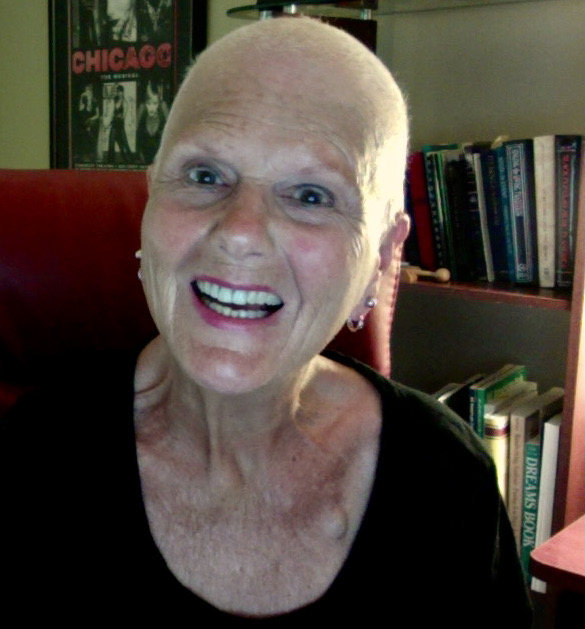Opinion: My short shelf life and the Connecticut General Assembly – The CT Mirror

My medical records declare that I am a cancer survivor – twice over no less. I got through treatment for breast cancer and malignant melanoma feeling confident and grateful. But in March 2021, I was diagnosed with late-stage Fallopian tube cancer. It is very rare. It is also the most lethal type of gynecologic cancer.
With my diagnosis has come a resolve to put in place a plan for living what I now think of as my ‘short shelf life.’
I am using what time I have left to do the things I’ve always wanted to do—and one of them is to advocate for medical aid in dying, aka MAID. I simply want the right to have a say in the timing and manner of my death when I reach the point where my disease or the pain and suffering it causes robs me of the quality of life that is essential to me.
I have witnessed bad deaths – my mom’s and my dad’s. My mother, who also had cancer, died in my arms, in a too-large hospital bed, suffering and frightened. Five years after mom passed, I sat at the bedside of my father as he gasped for air and went in and out of consciousness. Neither of my parents wanted their precious final hours to turn out the way they did. I don’t want that for me either.
It has taken me getting sick to realize that having agency over the circumstances surrounding my own death is going to require me to get busy. Really busy, because I live in Connecticut, a state whose lawmakers have turned their backs on this issue for two decades and I am running out of time.
Without passage of enabling legislation, I will have two choices when my life is near its end – stay in Connecticut and have no say in my own dying, or pack my bags and head to Vermont, establish residency, find new doctors, and arrange for hospice care and then complete the paperwork required to invoke Act 39, Vermont’s medical aid in dying law.
Recently, on February 1, my state representative and co-chair of the Judiciary Committee, Steve Stafstrom, held a 2022 Legislative Session Preview on ZOOM. I, of course, registered to attend since I know that for the 27th consecutive year there will be another attempt at getting a Medical Aid in Dying (MAID) bill to the floor of the Connecticut General Assembly for a vote.
One constituent ahead of me asked about this MAID bill. Steve responded by saying that yes, the bill would again be raised in the Public Health Committee. I then added a comment in the ZOOM chat regarding how the 2021 version of this bill had finally gotten out of the Public Health Committee for the first time in 26 years, but when it was sent to the Judiciary Committee that Steve co-chairs, it died, full stop.
Steve read my comment, then launched into an argument that opponents of medical aid in dying legislation use as a scare tactic that has no basis in fact – words to the effect that ‘peoples’ life insurance policies could be put in jeopardy if they die by suicide.’.
This is just a politically convenient way of “having concerns” about the proposed legislation which most people in Connecticut support. The truth is not complicated.
Fact 1: If there is a clear case of MAID (medical assistance in dying) where both health preconditions (terminal disease/palliative condition) AND legal requirements are met, life insurance companies will pay claims in full – it does not matter how long the policy was in place.
Join in the work of CT Mirror
You may not be on staff, but you can produce the journalism.
Fact 2: If a suicide (by any method or means) happens more than two years after getting a life insurance policy, the life insurance policy will pay out death benefit to the policy’s beneficiaries. State Representative Steve Stafstrom is either ill-informed about standard life insurance exclusionary clauses or is passing along information he knows to be inaccurate.
Representative Stafstrom is not only my state rep, but he’s also a neighbor. He has acknowledged his Catholic faith as part of his reluctance to support MAID legislation in Connecticut. But a lot of his constituents, me included, don’t share those concerns about end-of-life decision making.
I want the same choices that adults in 10 states and Washington, D.C. – 20% of the U.S. population – have now. This is about my life and my death — not his. Shouldn’t this also be my choice?
Lynda Shannon Bluestein lives in Bridgeport.




